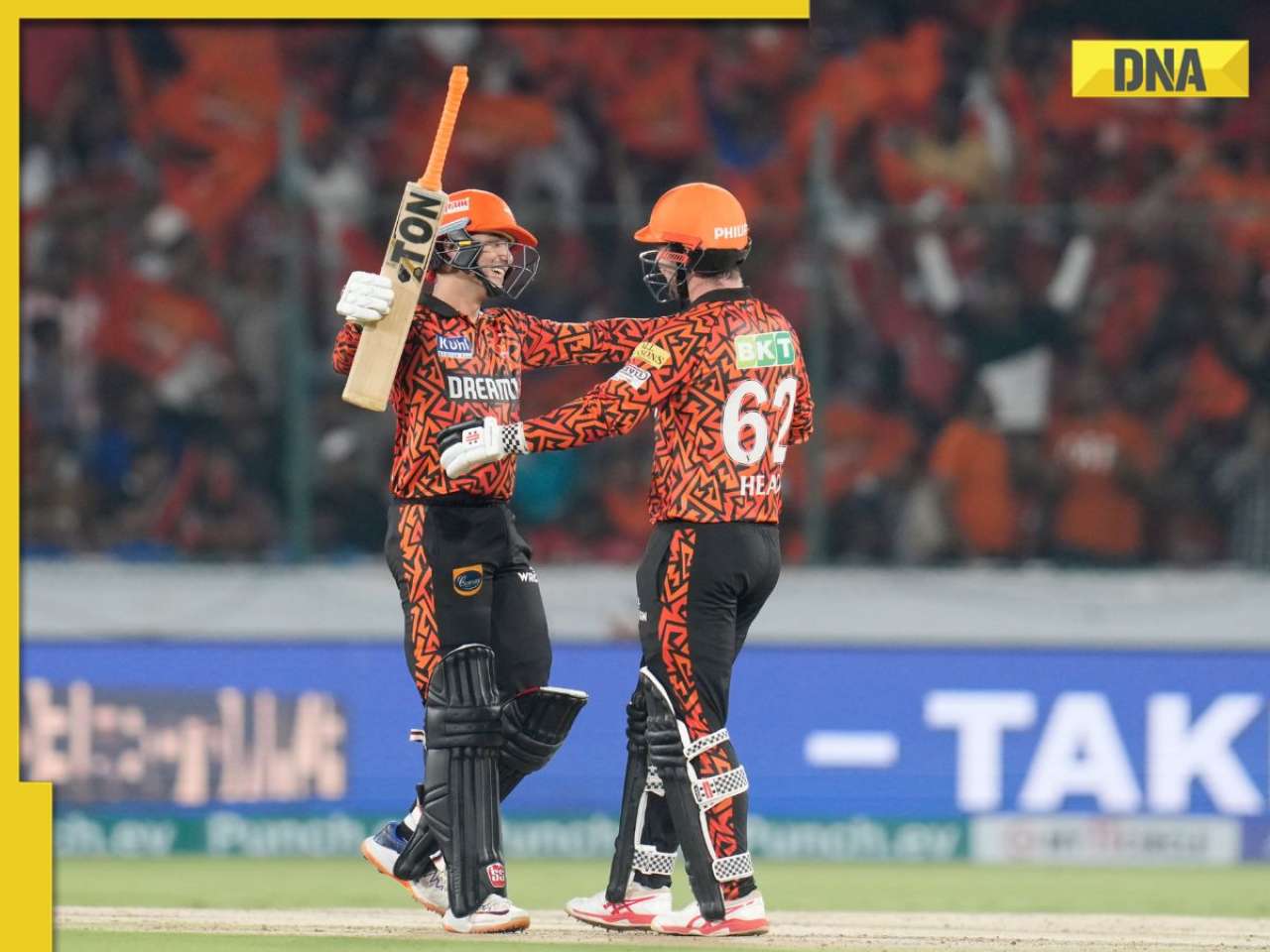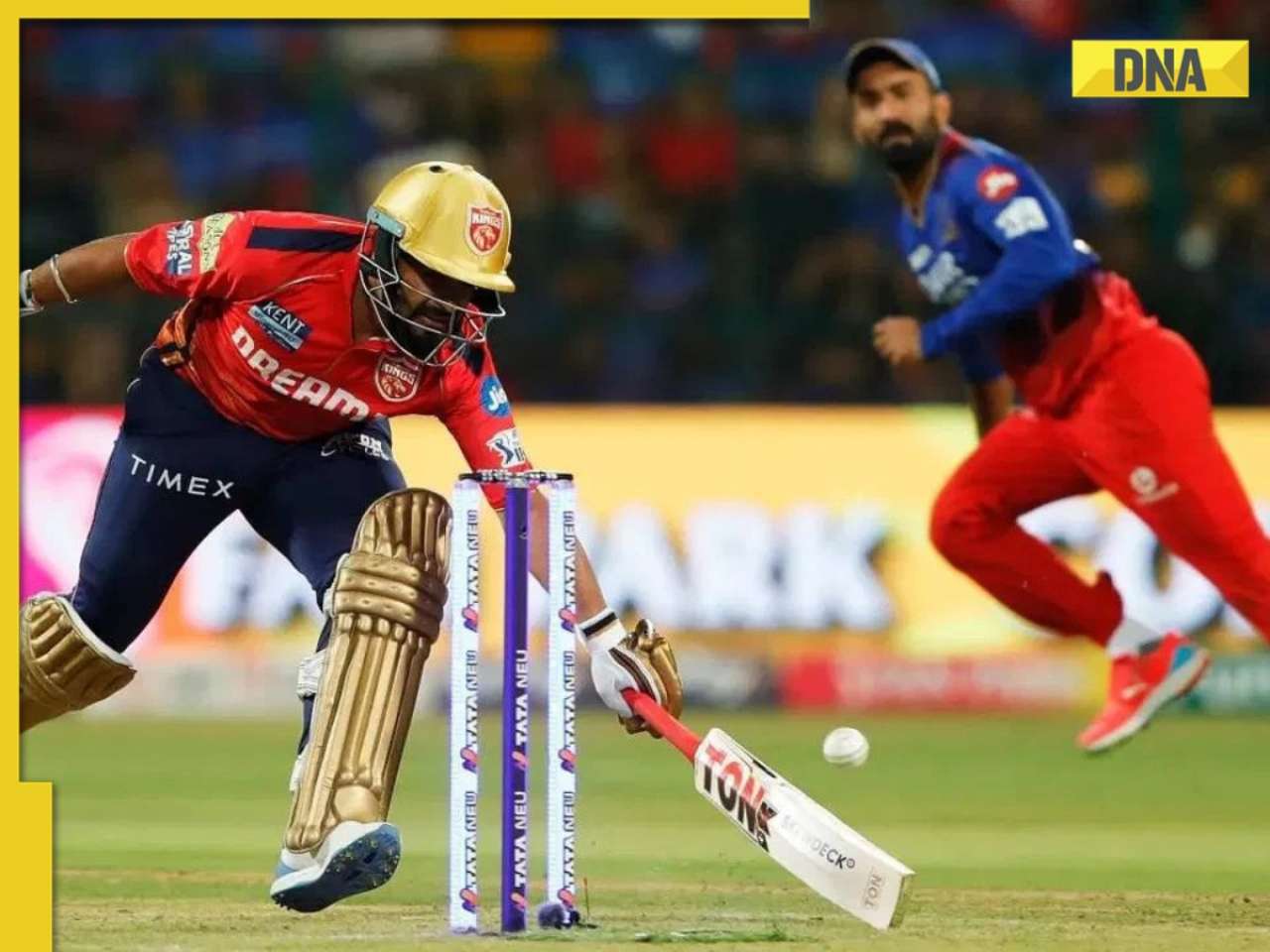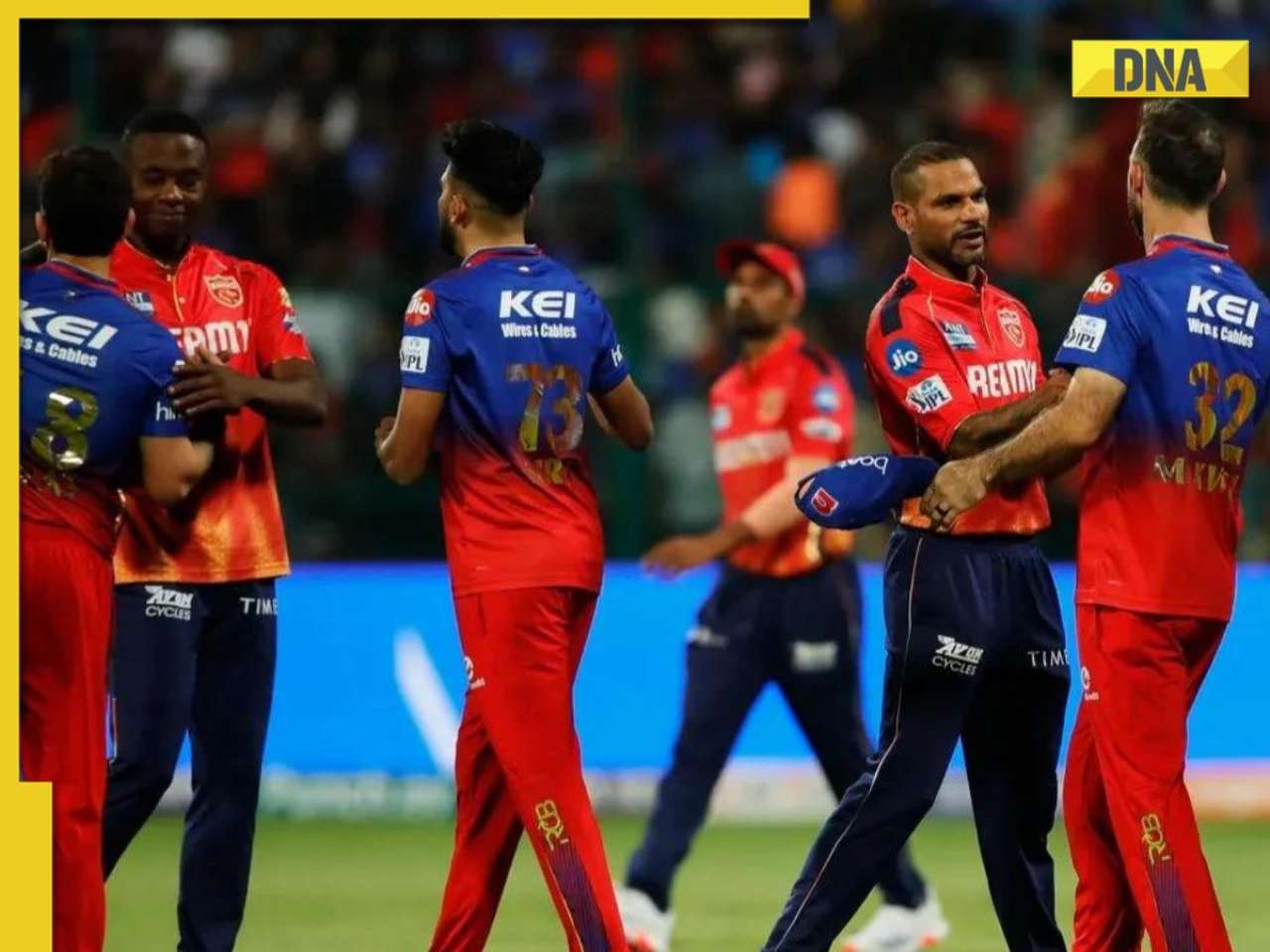Increasing water problem in the city forced BMC’s hands to make rainwater harvesting mandatory for new buildings.
The newly constructed buildings in the city lack a obvious facility. They do not have rainwater harvesting system in place.
In 2007, the Brihanmumbai Municipal Corporation (BMC) made it mandatory for the new buildings to have rain water harvesting system. Without it, they would not be given occupational certificate.
Tushar Aphale, a civic activist and office bearer of Maharashtra Navnirman Sena, brought to the notice of civic officials from H-west ward about the important lapse. But the ward officials shrugged it off.
“They simply wanted to pass the buck to other departments, which are not related to rain water harvesting. These buildings use huge quantity of water and civic official are not taking any action for reasons best known to them,” said Aphale after meeting the H-west ward officer and deputy chief engineer of building proposals department, who are responsible to ensure implementation of the rules.
On one hand, the BMC is ready to spend Rs12 crore to conduct cloud seeding experiment so that the city can get more water. On the other, the BMC is not interested in taking efforts to ensure that the city should save as much water as it can when it rains.
Aphale added that when the officials were confronted, they refused to take any action, citing the lengthy process involved in sending notices to the buildings and ensuring that they implement the rain water harvesting system.
The civic body’s lackadaisical attitude is one of the reasons for the poor awareness and implementation of the rain water harvesting scheme in the city.
“The administration has allocated less than Rs1 crore to the rain water harvesting cell under the water department. None of the top civic officials seem to be interested in the scheme. There is no discussion about it during the year, except on World Water Day or during an awareness campaign,” said an official from the water department.
Last year, the department was only given Rs70,000 to Rs80,000 for the scheme.
In 2002, the BMC imposed the rain water harvesting scheme for the newly constructed buildings. This was amended in 2007, making the rules more strict. But this is only on papers. Once the occupation certificate is allotted to the new buildings after the approvals, the civic body does not keep a check on whether the building has rain water harvesting system in place.
Experts feel that that the civic administration is not doing enough to save water. Rain water harvesting could be a solution for the city, for at least non-drinking purpose.
According to the BMC rule book, all new buildings constructed on a plot measuring more than 300 square metres must have rain water harvesting system in place – not only on the plans submitted while seeking approvals, but also after the occupational certificates are issued.
But most new buildings have flouted the civic body’s blanket rule of mandatory rain water harvesting plant as the BMC looks the other way.
The BMC’s building proposals department has to ensure the water conserving system is in place in new buildings.
The water department only creates awareness among citizens.
Senior officials from the water department said programmes are organised during the year to create awareness about saving water and also about the alternative resources of water that needs little effort to follow. The water department official does not have any authority except approve the building plans which has ‘drawing’ of rain water harvesting plant.
Last year, Nitesh Rane, president of Swabhimaan Sangathana, submitted a list of newly developed buildings which did not have the mandatory rain water harvesting system although they had mentioned in the plans and sought occupational certificate (OC).
“More than 80% of the city’s buildings don’t have rain water harvesting plant but still they get OC. No one is there to ensure that the rules are followed. Developers and builders don’t fear the civic administration anymore. The rules are bent as per the needs,” said Rane.
He pinned the blame on citizens too as they are residents of the new buildings and they can insist on having rain water harvesting plants rather than passing the buck to the BMC.
The lapse in Bandra buildings shows that people are not bothered if the building has followed the important rule. More so because the civic body is not strict in enforcing it.
Those buildings which have rain water harvesting system should also make sure they are maintained. The BMC too has failed to review the functioning of the system.
“Why can’t they simply ensure that the plant is functioning. The ward engineer has to visit in the building to check on the system after they are issued OC. They are, anyway, always ready to visit the under-construction sites,” said Aphale.
He has now taken up the cause and has demanded the BMC to provide a list of such buildings from the building proposals department which has not followed the mandatory rule.
Rolling Hills CHS Ltd, Jeevan Bima Nagar, Borivli (West)
The 39-year-old society has 50 flats (with about 225 total head count). The residents have the luxury of abundant water throughout the year because they have a rain water harvesting system in place.
“We never had a water shortage problem. When we realised that rain water harvesting can save lakhs of litres of water, which could be used for non-potable purposes, we decided to go for it,” said Arun Sukhthankar.
Sukhthankar, 71, a consultant in pharmaceutical industry, said that two years ago they installed all the necessary pipelines connecting the terrace and the tank with a capacity of 10,000 litres on the ground. “Our terrace can hold a lot of water. This year, the society members decided to install the pipes which will be helpful in recharging the ground water table so that our boring plant has enough water throughout the year,” said Sukhthankar.
The total cost of both rain water harvesting and ground water recharge cost about Rs 4 lakh. “But we feel it is worth it as we are saving drinking water and passing the surplus to those areas which do not have enough water,” added Sukhthankar.
Other societies have followed suit and installed rain water harvesting system. The Association of Jeevan Bima Nagar, owners and Co-operative Housing Societies Ltd, is creating awareness in other buildings too. “We want every building, small or big, to install the plant so that we can save maximum drinking water and make the most out of natural water,” he added.
Manek Apartments, Bhavani Shankar Road, Dadar (West)
The two wings of the 11-year-old residential society have 39 members.
“The plant was installed a year ago. Society need not be big or new to implement rain water harvesting system. It needs only one thing -- will power to do your bit for the the city,: said Sandesh Paralkar, chairman of the society.
“The redevelopment work in the next door plot pumped out all the water from our ring well. We did not have any water then. That’s when we decided to take help from the BMC and install rain water harvesting system in our building. Now after a year, we have abundant water for flushing toilets, car washing, watering plants and washing the premises of the building,” said Paralkar.
The residents are happy to have the system in place as it would save drinking water and the saved water could be used for the non-potable purposes.
BMC DOES ITS BIT
The municipal corporation organises awareness campaigns every year. The civic body displays messages on BEST buses and holds ‘Jal Mela’ in each of the 24 wards and 10 major civic hospitals.
“During campaigns, presentations are made to ALM members, citizens, NGOs together with informal and formal discussions to clear doubts. Several societies have queries about water supply problems, cost and potential of rain water harvest. We give them all the technical and practical details which they could use for the implementing the scheme,” said a senior official from the water department.
The official also said that for the first time this year the education department is involved in our campaigns. “Earlier we used to start our awareness campaign from March to June. But then children have holidays. Now we have initiated the drives when schools reopen. We have also printed school books for students of classes 1 to 10, driving home the message.
![submenu-img]() Viral video: Ghana man smashes world record by hugging over 1,100 trees in just one hour
Viral video: Ghana man smashes world record by hugging over 1,100 trees in just one hour![submenu-img]() This actress, who gave blockbusters, starved to look good, fainted at many events; later was found dead at...
This actress, who gave blockbusters, starved to look good, fainted at many events; later was found dead at...![submenu-img]() Taarak Mehta actor Gurucharan Singh operated more than 10 bank accounts: Report
Taarak Mehta actor Gurucharan Singh operated more than 10 bank accounts: Report![submenu-img]() Ambani, Adani, Tata will move to Dubai if…: Economist shares insights on inheritance tax
Ambani, Adani, Tata will move to Dubai if…: Economist shares insights on inheritance tax![submenu-img]() Cargo plane lands without front wheels in terrifying viral video, watch
Cargo plane lands without front wheels in terrifying viral video, watch![submenu-img]() DNA Verified: Is CAA an anti-Muslim law? Centre terms news report as 'misleading'
DNA Verified: Is CAA an anti-Muslim law? Centre terms news report as 'misleading'![submenu-img]() DNA Verified: Lok Sabha Elections 2024 to be held on April 19? Know truth behind viral message
DNA Verified: Lok Sabha Elections 2024 to be held on April 19? Know truth behind viral message![submenu-img]() DNA Verified: Modi govt giving students free laptops under 'One Student One Laptop' scheme? Know truth here
DNA Verified: Modi govt giving students free laptops under 'One Student One Laptop' scheme? Know truth here![submenu-img]() DNA Verified: Shah Rukh Khan denies reports of his role in release of India's naval officers from Qatar
DNA Verified: Shah Rukh Khan denies reports of his role in release of India's naval officers from Qatar![submenu-img]() DNA Verified: Is govt providing Rs 1.6 lakh benefit to girls under PM Ladli Laxmi Yojana? Know truth
DNA Verified: Is govt providing Rs 1.6 lakh benefit to girls under PM Ladli Laxmi Yojana? Know truth![submenu-img]() Alia Bhatt wears elegant saree made by 163 people over 1965 hours to Met Gala 2024, fans call her ‘princess Jasmine’
Alia Bhatt wears elegant saree made by 163 people over 1965 hours to Met Gala 2024, fans call her ‘princess Jasmine’![submenu-img]() Jr NTR-Lakshmi Pranathi's 13th wedding anniversary: Here's how strangers became soulmates
Jr NTR-Lakshmi Pranathi's 13th wedding anniversary: Here's how strangers became soulmates![submenu-img]() Streaming This Week: Heeramandi, Shaitaan, Manjummel Boys, latest OTT releases to binge-watch
Streaming This Week: Heeramandi, Shaitaan, Manjummel Boys, latest OTT releases to binge-watch![submenu-img]() Remember Ayesha Kapur? Michelle from Black, here's how actress, nutrition coach, entrepreneur looks after 19 years
Remember Ayesha Kapur? Michelle from Black, here's how actress, nutrition coach, entrepreneur looks after 19 years![submenu-img]() Remember Heyy Babyy's cute 'Angel' Juanna Sanghvi? 20 year-old looks unrecognisable now, fans say 'her comeback will...'
Remember Heyy Babyy's cute 'Angel' Juanna Sanghvi? 20 year-old looks unrecognisable now, fans say 'her comeback will...'![submenu-img]() Haryana Political Crisis: Will 3 independent MLAs support withdrawal impact the present Nayab Saini led-BJP government?
Haryana Political Crisis: Will 3 independent MLAs support withdrawal impact the present Nayab Saini led-BJP government?![submenu-img]() DNA Explainer: Why Harvey Weinstein's rape conviction was overturned, will beleaguered Hollywood mogul get out of jail?
DNA Explainer: Why Harvey Weinstein's rape conviction was overturned, will beleaguered Hollywood mogul get out of jail?![submenu-img]() What is inheritance tax?
What is inheritance tax?![submenu-img]() DNA Explainer: What is cloud seeding which is blamed for wreaking havoc in Dubai?
DNA Explainer: What is cloud seeding which is blamed for wreaking havoc in Dubai?![submenu-img]() DNA Explainer: What is Israel's Arrow-3 defence system used to intercept Iran's missile attack?
DNA Explainer: What is Israel's Arrow-3 defence system used to intercept Iran's missile attack?![submenu-img]() This actress, who gave blockbusters, starved to look good, fainted at many events; later was found dead at...
This actress, who gave blockbusters, starved to look good, fainted at many events; later was found dead at...![submenu-img]() Taarak Mehta actor Gurucharan Singh operated more than 10 bank accounts: Report
Taarak Mehta actor Gurucharan Singh operated more than 10 bank accounts: Report![submenu-img]() Aavesham OTT release: When, where to watch Fahadh Faasil's blockbuster action comedy
Aavesham OTT release: When, where to watch Fahadh Faasil's blockbuster action comedy![submenu-img]() Sonakshi Sinha slams trolls for crticising Heeramandi while praising Bridgerton: ‘Bhansali is selling you a…’
Sonakshi Sinha slams trolls for crticising Heeramandi while praising Bridgerton: ‘Bhansali is selling you a…’![submenu-img]() Sanjeev Jha reveals why he cast Chandan Roy in his upcoming film Tirichh: 'He is just like a rubber' | Exclusive
Sanjeev Jha reveals why he cast Chandan Roy in his upcoming film Tirichh: 'He is just like a rubber' | Exclusive![submenu-img]() IPL 2024: Mumbai Indians knocked out after Sunrisers Hyderabad beat Lucknow Super Giants by 10 wickets
IPL 2024: Mumbai Indians knocked out after Sunrisers Hyderabad beat Lucknow Super Giants by 10 wickets![submenu-img]() PBKS vs RCB IPL 2024: Predicted playing XI, live streaming details, weather and pitch report
PBKS vs RCB IPL 2024: Predicted playing XI, live streaming details, weather and pitch report![submenu-img]() PBKS vs RCB IPL 2024 Dream11 prediction: Fantasy cricket tips for Punjab Kings vs Royal Challengers Bengaluru
PBKS vs RCB IPL 2024 Dream11 prediction: Fantasy cricket tips for Punjab Kings vs Royal Challengers Bengaluru![submenu-img]() Watch: Bangladesh cricketer Shakib Al Hassan grabs fan requesting selfie by his neck, video goes viral
Watch: Bangladesh cricketer Shakib Al Hassan grabs fan requesting selfie by his neck, video goes viral![submenu-img]() IPL 2024 Points table, Orange and Purple Cap list after Delhi Capitals beat Rajasthan Royals by 20 runs
IPL 2024 Points table, Orange and Purple Cap list after Delhi Capitals beat Rajasthan Royals by 20 runs![submenu-img]() Viral video: Ghana man smashes world record by hugging over 1,100 trees in just one hour
Viral video: Ghana man smashes world record by hugging over 1,100 trees in just one hour![submenu-img]() Cargo plane lands without front wheels in terrifying viral video, watch
Cargo plane lands without front wheels in terrifying viral video, watch![submenu-img]() Tiger cub mimics its mother in viral video, internet can't help but go aww
Tiger cub mimics its mother in viral video, internet can't help but go aww![submenu-img]() Octopus crawls across dining table in viral video, internet is shocked
Octopus crawls across dining table in viral video, internet is shocked![submenu-img]() This Rs 917 crore high-speed rail bridge took 9 years to build, but it leads nowhere, know why
This Rs 917 crore high-speed rail bridge took 9 years to build, but it leads nowhere, know why 










































)
)
)
)
)
)